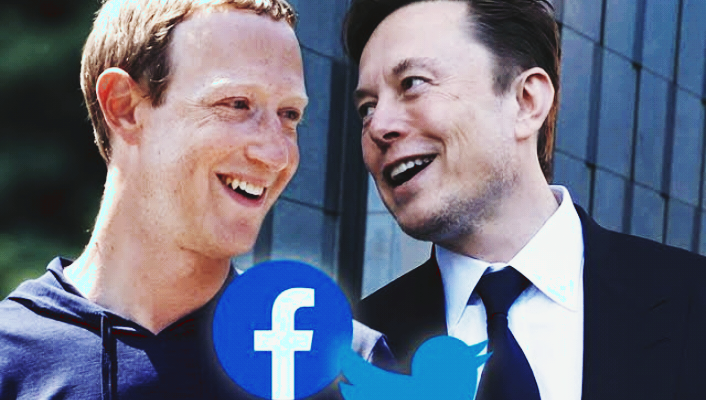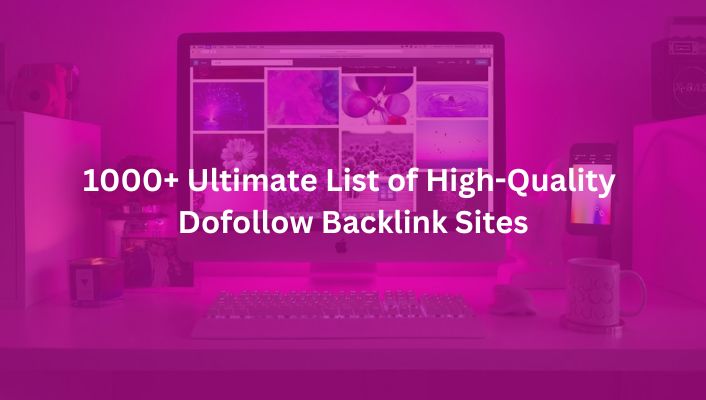


I. Introduction
A. Overview of Mark Zuckerberg's announcement
B. Importance of the Meta Verified subscription service
II. What is Meta Verified?
A. Definition and explanation of the service
B. Comparison to other verification systems
C. How it works
III. Benefits of Meta Verified
A. Improved trust and authenticity
B. Enhanced security and safety
C. Increased visibility and engagement
IV. Potential drawbacks and concerns
A. Privacy and data issues
B. Cost and accessibility
C. Impact on small businesses and content creators
V. How to apply for Meta Verified
A. Eligibility requirements
B. Application process
C. Fees and pricing
VI. Future developments and implications
A. Possible expansion and integration with other Meta products
B. Influence on the social media landscape
C. Implications for online identity and reputation
VII. Conclusion
A. Recap of key points
B. Analysis of the potential impact of Meta Verified
C. Final thoughts and recommendations.
On February 22, 2022, Mark Zuckerberg announced the launch of a new subscription service called Meta Verified. This service is designed to help users verify their accounts on various platforms owned by Meta, including Facebook, Instagram, and WhatsApp. In this article, we'll take a closer look at what Meta Verified is, why it's important, and what its potential benefits and drawbacks may be.
Meta Verified is a new subscription service that allows users to verify their accounts on Meta-owned platforms. According to Zuckerberg, this service will provide users with a "blue checkmark" that verifies their identity and authenticity. This will help users build trust with their followers and increase their visibility and engagement on social media.
To get verified through Meta Verified, users will need to go through a verification process that includes providing personal information and documents to prove their identity. The cost of the service is not yet clear, but it's expected to be similar to other verification services offered by social media platforms.
Meta Verified is important for a few reasons. First, it helps improve the overall trust and authenticity of social media. With so much misinformation and fake news circulating online, it's more important than ever to be able to trust the sources of information we come across on social media. Verified accounts can help us identify credible sources and reduce the spread of false information.
Second, Meta Verified can help improve the safety and security of social media. Verified accounts are less likely to be hacked or impersonated, which can help reduce instances of identity theft and fraud. This can also help prevent the spread of malicious content and scams on social media.
Finally, Meta Verified can help increase the visibility and engagement of verified users. With a blue checkmark next to their name, users may be more likely to be noticed by other users, which can help them build their following and increase their influence on social media.
There are several potential benefits of using Meta Verified. One of the biggest benefits is increased trust and authenticity. With a verified account, users can demonstrate to their followers and fans that they are who they say they are. This can help build trust and credibility, which can lead to increased engagement and a larger following.
Another potential benefit of Meta Verified is improved security and safety. Verified accounts are less likely to be hacked or impersonated, which can help prevent instances of identity theft and fraud. This can also help prevent the spread of malicious content and scams on social media.
Finally, Meta Verified can help increase visibility and engagement on social media. With a blue checkmark next to their name, users may be more likely to be noticed by other users, which can help them build their following and increase their influence on social media. This can be especially important for content creators and influencers who rely on social media for their livelihood.
While there are many potential benefits of using Meta Verified, there are also some potential drawbacks and concerns. One of the biggest concerns is privacy and data issues. Users who provide personal information and documents to verify their identity may be concerned about how this information is used and who has access to it. Meta will need to be transparent about how it uses this information and ensure that it is kept secure.
Another potential concern is cost and accessibility. The cost of Meta Verified has not yet been announced, but it's expected to be similar to other verification services offered by social media platforms. This may be prohibitively expensive for small businesses and content creators who don't have a large following or a lot of revenue. Meta will need to ensure that its verification service is accessible to everyone, regardless of their size or revenue.
Finally, there is concern about the impact that Meta Verified may have on small businesses and content creators. While verified accounts can help increase visibility and engagement, the cost of the service may be too high for some smaller businesses and creators. This could create an uneven playing field, where larger, more established businesses and creators have an advantage over smaller ones.
To apply for Meta Verified, users will need to meet certain eligibility requirements and go through a verification process. The exact requirements and process have not yet been announced, but it's likely that users will need to provide personal information and documents to prove their identity. The cost of the service is also unknown, but it's expected to be similar to other verification services offered by social media platforms.
The launch of Meta Verified is just the latest in a series of developments from Meta (formerly Facebook) that are reshaping the social media landscape. In addition to Meta Verified, the company has also launched the Meta Horizon Workrooms virtual reality platform and the Meta Connect communication app. These products are part of a broader vision for the metaverse, which is a term used to describe a virtual reality space where people can interact with each other and digital objects.
The launch of Meta Verified is likely to have significant implications for the future of social media and online identity. Verified accounts are becoming increasingly common on social media platforms, and it's likely that Meta Verified will become the go-to verification service for users on Meta-owned platforms. This could lead to a consolidation of power for Meta and a reduction in the influence of other social media platforms.
Another potential implication of Meta Verified is its impact on online reputation and identity. With verified accounts becoming more common, it's possible that online reputation and identity could become even more important than they already are. This could have significant implications for individuals and businesses who rely on social media for their reputation and visibility.
The launch of Meta Verified is a significant development for social media and online identity. The service has the potential to improve trust and authenticity, enhance security and safety, and increase visibility and engagement for verified users. However, there are also concerns about privacy and data issues, cost and accessibility, and the impact on small businesses and content creators.
As Meta continues to expand its presence in the social media landscape, it's important for users to be aware of the implications of using Meta Verified and other Meta products. By staying informed and making informed decisions about how they use social media, users can help shape the future of the online world.

